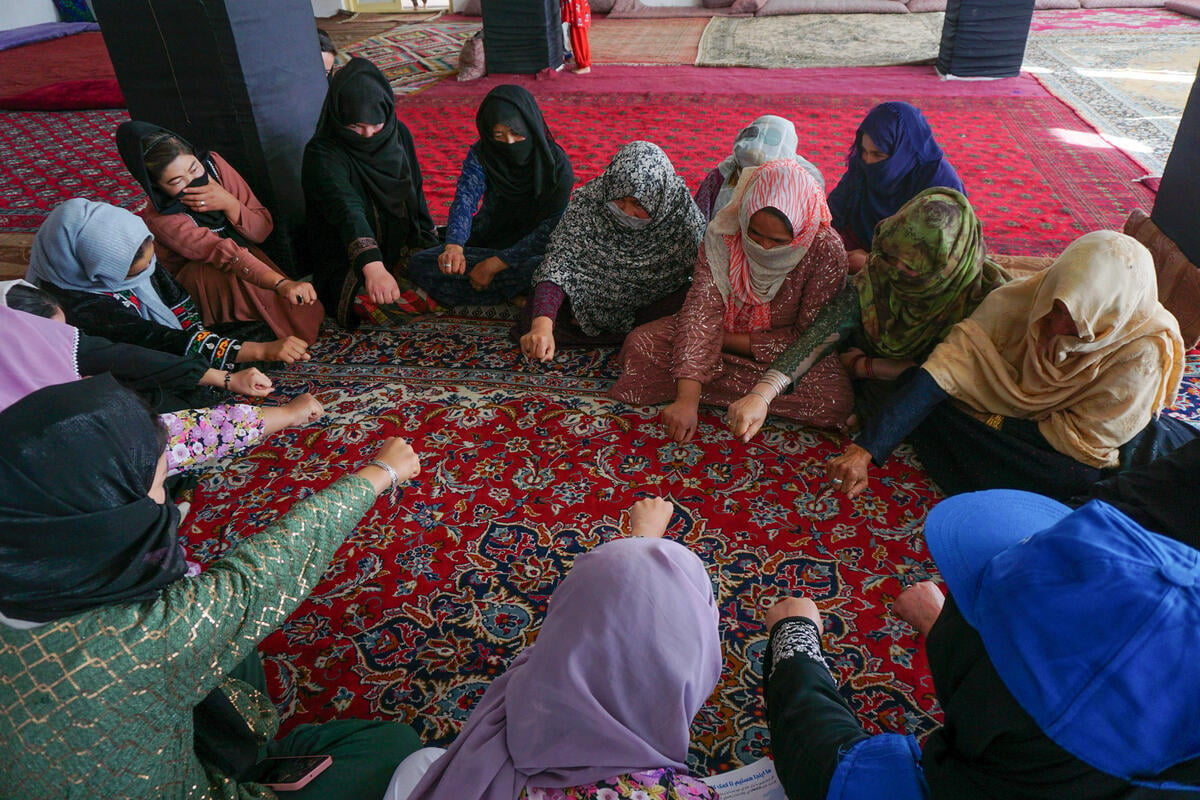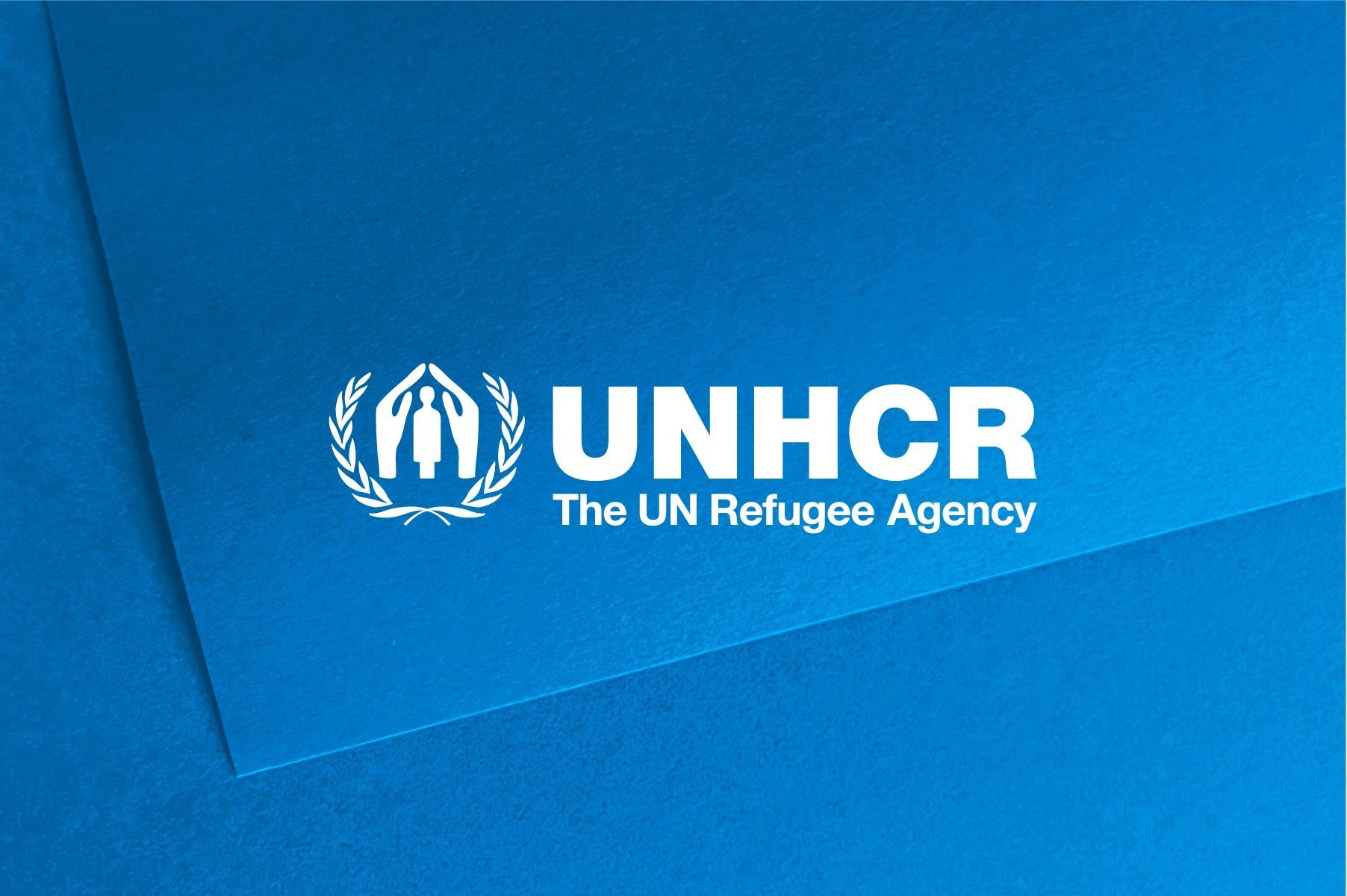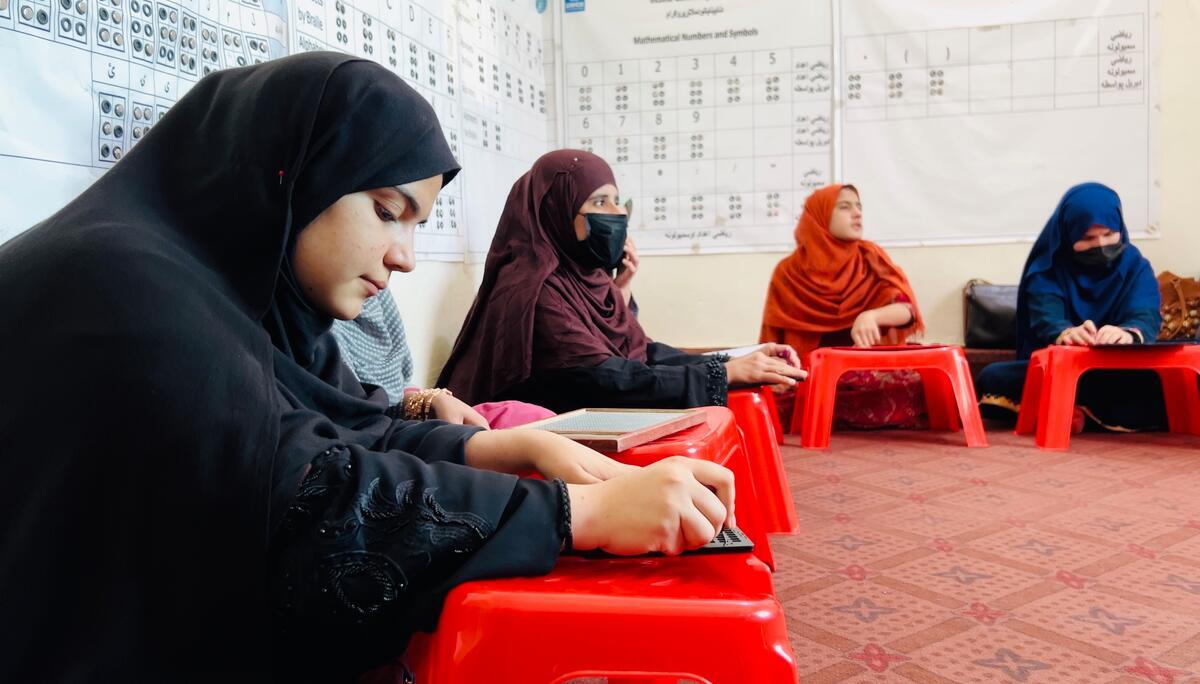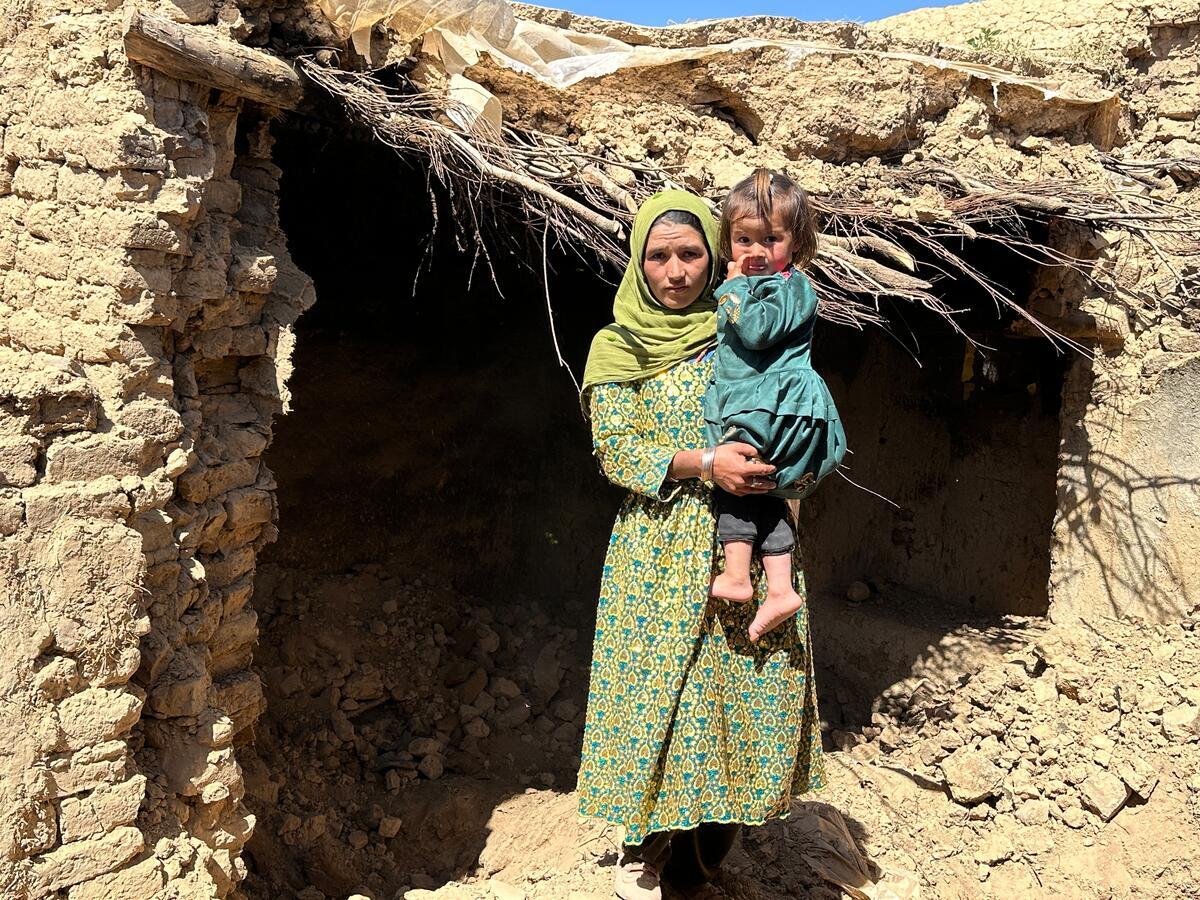Afghan refugees head to new sites in Afghanistan and Pakistan
Afghan refugees head to new sites in Afghanistan and Pakistan

CHAMAN, Pakistan, 30 June (UNHCR) - The U.N. refugee agency relocated 800 Afghan refugees to new sites inside Pakistan and Afghanistan on Monday as it began to clear a controversial makeshift camp just inside the Pakistani border where nearly 20,000 refugees had been stranded since early 2002.
The U.N. refugee agency (UNHCR) and the two governments had long sought to close the "waiting area," a settlement that had been considered insecure ever since it was created by asylum seekers when Pakistan closed its borders to new refugee arrivals in February 2002.
The daily convoys of trucks could take up to two months to relocate the nearly 19,000 refugees who registered to move. After that, UNHCR has told residents that it will not assist the small number who might remain.
The initial movement consisted of two convoys, one heading to the new Afghan settlement of Zhare Dasht near Kandahar, and the other to the refugee camp of Mohammad Kheil, which was established for refugees fleeing the 2001 war to drive the Taliban from power in Afghanistan. Only about 20 families sought UNHCR help to return to their original homes, and about 800 individuals who were known to be there a year ago did not register to move.
Starting early in the morning, 93 refugee families, comprising 405 individuals, loaded up 19 trucks hired by UNHCR for the trip to Mohammad Kheil. The convoy to Zhare Dasht, also escorted by UNHCR staff, consisted of 390 refugees from 91 families, travelling in 23 trucks.
The convoys will continue until all those requesting help have been relocated, with more families scheduled to move to Zhare Dasht on Tuesday and another convoy to Mohammad Kheil planned for Wednesday. Each trip takes about eight hours one way.
The decision to close the area, which was not a recognised refugee camp where UNHCR could provide full assistance, was taken in May at the first meeting of the Tripartite Commission, a body set up under an agreement by Afghanistan, Pakistan and UNHCR which is to set policy on the voluntary repatriation of Afghan refugees until 2005.
During the "waiting area" registration process that began in mid-June, 58 percent of families asked to move to Zhare Dasht and the rest to Mohammad Kheil, which already hosts some 37,000 refugees who were in Pakistan before the border was closed to new arrivals.
Last year about 7,000 refugees from the "waiting area" had moved to the newly opened Zhare Dasht, but at the time most residents opted to remain on the border despite the harsh conditions.
"I am going to Zhare Dasht because the option to relocate to Mohammad Kheil was not right for me and my family," said Abdullah, from the northern Afghan province of Faryab. "I have six members in my family and we will return to our homes in Faryab as things get better there."
But Abdul Naseer, from the northern Afghan town of Maimana, praised Pakistan for letting his family into one of the refugee camps they had been trying to reach at the beginning of 2002: "We are happy to go to Mohammad Kheil, as we cannot go back to Afghanistan."
The "waiting area" had always been considered unsuitable for a refugee camp. It was on a smuggling route, and the lack of security was underlined in the past month when the bodies of 22 fighters killed in a nearby battle with Afghan government troops were dumped in the centre of the refugee settlement.
In addition, Pakistani authorities, anxious to prevent the area becoming a permanent village, would not let UNHCR provide more than basic humanitarian aid such as food and water. Aside from a few UNHCR tarpaulins distributed to emergency cases a year ago, the refugees lived under ragged home-made tents.
In summer the "waiting area" faced 40° Celsius heat, in winter temperatures plunged well below freezing. Last December, UNHCR rushed in blankets and stoves to prevent refugees freezing to death. Clouds of dust blow across the southern Afghan plateau throughout the year.








